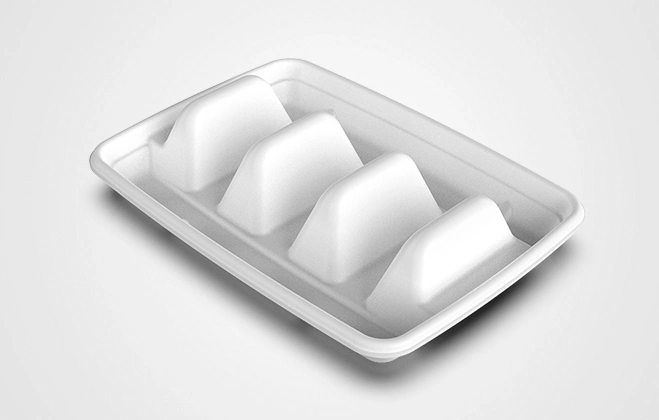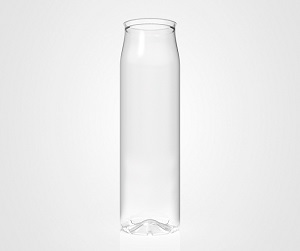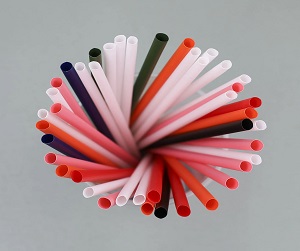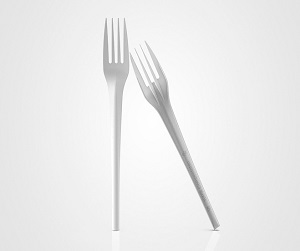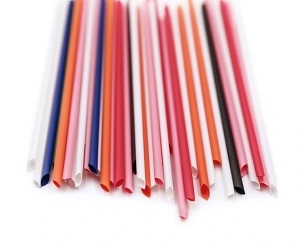-
Products
-
By PLA
-
By Paper
-
By PLA
-
By PP
-
By Paper
-
By PLA
-
By Paper
-
By PLA
Biodegradable Disposable Cutlery PLA Cutlery Set Transparent Green Color PLA Cutlery Disposable Eco Friendly PLA Cutlery Set Black 6.5'' PLA Cutlery Set White 7'' PLA Cutlery Set Black Biodegradable Knives Biodegradable Forks Biodegradable Spoons Biodegradable 6.5'' Knifes Biodegradable 6.5'' Forks Biodegradable 6.5'' Spoons Biodegradable PLA Serrated Fork Biodegradable PLA Spork Biodegradable 6'' PLA Spork Biodegradable 4'' PLA Spoon Biodegradable 4'' Ice Cream Spoon Biodegradable PLA Stirrer Heat-resistant PLA Cutlery Head PLA Two Tooth Forks PLA Four Tooth Forks PLA Stir Spoons PLA Spoon Head -
By Paper
-
By PLA
-
By Paper
-
- PLA Solutions
- Sustainable Lifestyle
- Resources
- Company
- News & Blog
- Contact Us
 English
English 日本語
日本語 한국어
한국어 français
français Deutsch
Deutsch Español
Español русский
русский português
português العربية
العربية ไทย
ไทย Malay
Malay


















